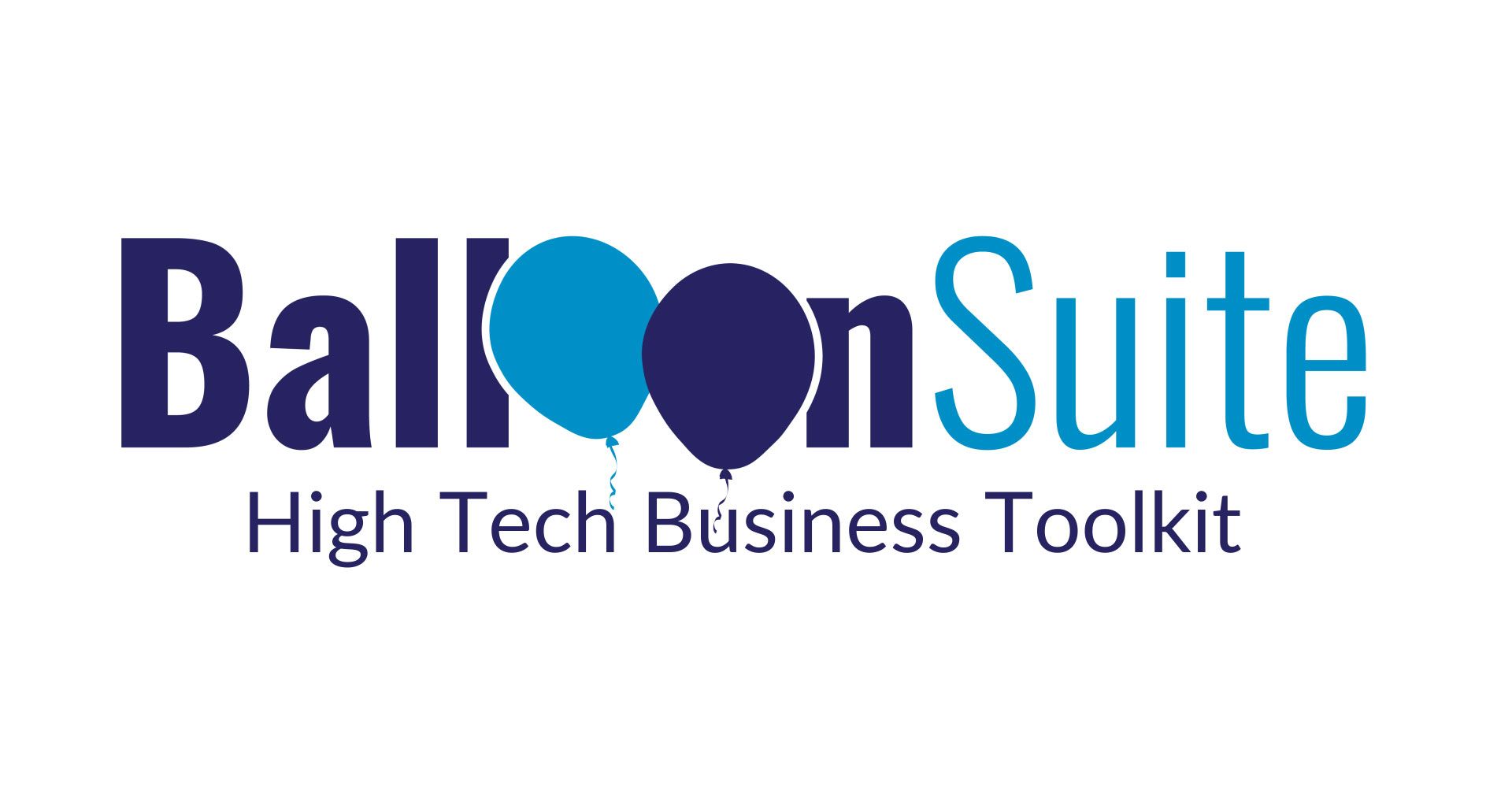Reasons To Pay Yourself As An Owner Working In The Business
The entrepreneurial journey is a path laden with challenges, hopes, and the promise of creating something meaningful. As the owner of a balloon decor business, you breathe life into celebrations, making moments memorable with your creative flair. However, amidst the daily hustle of managing operations, client interactions, and nurturing growth, there's a fundamental aspect that often gets sidelined - paying yourself.
At the center of your business, ensuring you have fair compensation is not just about personal financial security, but it is a testament to the legitimacy and maturity of your business. Paying yourself a salary is not merely a transaction from your business to your personal account; it's an investment towards a stable, sustainable, and growth-oriented business model.
This article delves into the myriad reasons why paying yourself should sit at the helm of your financial decisions, from fostering personal financial stability to paving the way for business maturity. Moreover, we'll explore how a structured salary can aid in diversifying your income, planning for the long term, and even preparing your business for a profitable exit when the time is ripe.
Personal Financial Stability:
Small business owners need to secure their personal financial stability to reduce stress and focus better on their business. Paying oneself ensures that personal bills, savings, and other financial needs are met.
Professional Legitimacy:
When owners pay themselves, it lends legitimacy to their business. It demonstrates to external stakeholders such as investors, creditors, and customers that the business is stable and capable of supporting its staff.
Motivation for Growth:
Earning a salary from your own business serves as a motivator to work harder and strive for growth. It's a tangible reward for the effort and risks taken by the business owner, which can further fuel their motivation to expand and improve the business.
Tax Benefits:
Depending on the business structure, paying oneself a salary or dividends can offer tax benefits. It's advisable to consult with a tax professional to understand the best compensation strategy for tax efficiency.
Reinvestment in the Business:
Allocating a portion of the business revenue for personal compensation not only provides financial security but also paves the way for systematic reinvestment into the business. A structured salary can aid in clear budgeting and financial planning, allowing for a portion of the business revenue to be set aside for reinvestment purposes. This reinvestment can take various forms, from upgrading equipment and materials to expanding the service offerings, or investing in marketing and advertising to reach a broader clientele.
Business Maturity:
By benchmarking performance through a set salary and setting a precedent for fair compensation, business owners pave the way for maturity. A business that can cover its labor and operational expenses, while paying its owner, demonstrates a level of financial stability and operational efficiency. This maturity enables the business to price its services appropriately, ensuring it covers costs and earns a profit. Furthermore, it reflects a long term strategic approach to business management that focuses on sustainability and longevity, rather than short term gains.
Retention of Talent:
Employees are more likely to join and stay with a business that demonstrates financial stability and growth, elements that are showcased when an owner can afford to pay themselves a competitive salary.
Diversification of Income:
By paying themselves a salary, business owners can diversify their income streams which is a prudent financial practice. You can use your salary for personal expenses, financial investments, and purchasing other businesses. Over time this provides safety in your income streams and allows you to expand into other businesses or investments that interest you as an owner..
Long Term Savings:
Paying oneself allows for planning for the future including retirement savings, which is crucial for long term financial security.
Vision To An Exit:
A clear vision towards an exit strategy is essential for business owners who may consider selling their business down the line. Potential buyers will scrutinize the financials of the business to understand its profitability and sustainability. When a business owner pays themselves a fair salary, it ensures that all operating expenses are properly accounted for, providing a clear picture of the business’s net income. This transparency allows potential buyers to accurately assess the value of the business, understand their potential profit, and determine a fair price they'd be willing to pay for the business.
How To Pay For Paying Yourself
- Decide how much you will pay yourself as a starting point. Some strategies are an amount per week or an amount per hour of your time.
- Review your existing revenue and expenses to understand if your business can afford to pay you as it is today
- If you need to increase revenue, consider two important options: 1) Increase prices for all future sales, and/or, 2) Spend more time on sales to generate more revenue per month. Consider doing both of these activities as well
Understand that the financial stress that your business experiences when first working to pay you is on purpose. The stress will result in you making decisions to navigate out of the stressful financial situation, which is a growing pain that you want.
How To Start Paying Your Business Owner Salary
- Discuss your plans with your tax planning professional or business advisor
- Contact the Balloon Suite team to discuss strategies for increasing sales
- Make a plan for how exactly you will be paid. You should use a payroll company like Gusto to make tax calculations, and conformance to payroll laws easy. This also prepares the business for expansion to additional employees.
- Start paying yourself that amount
- Manage pricing, sales revenue, and expenses so that your business can continue to afford you at all “costs”
FAQ: Reasons to Pay Yourself as an Owner

Disclaimer: This publication and the information included in it are not intended to serve as a substitute for consultation with business consultants and professionals. Specific business, financial, legal issues, concerns and conditions always require the advice of appropriate professionals. Any opinions expressed are solely those of the participant and do not represent the views or opinions of Balloon Suite.













